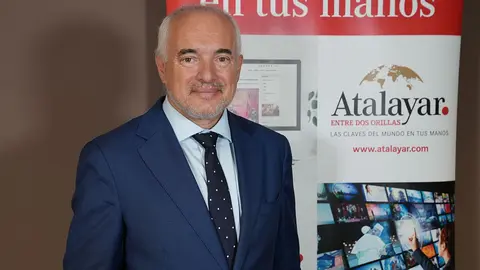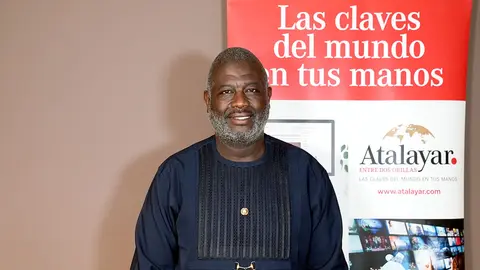Santiago García Milà: "We must collaborate with the African ports, especially those of the North of the continent"
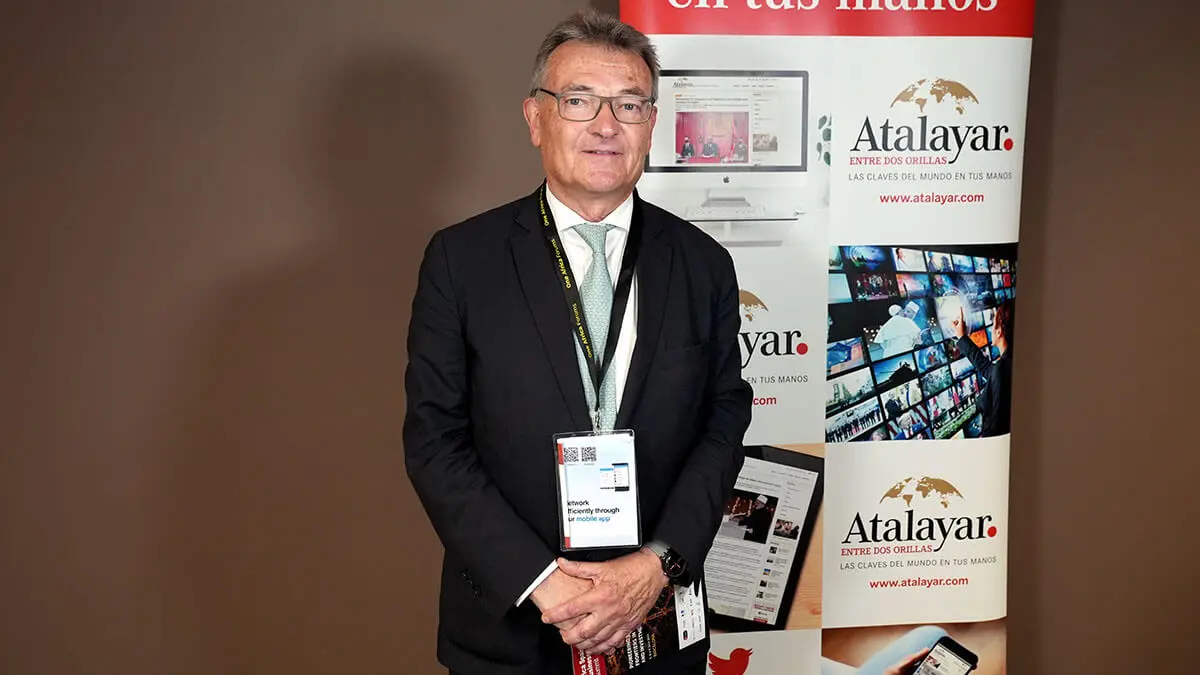
The Port of Barcelona also hosted the second edition of the Africa Spain Business Summit, which served to analyse the economic and commercial relations existing between Africa and Europe, more specifically Spain.
From the hall of the Eurostars Hotel where the event was held, the attendees could see the passenger ships moving in and out of the port of Barcelona. Its deputy director general, Santiago García Milà, attended on behalf of the Port of Barcelona.
You said in your speech that the Port of Barcelona is ready to collaborate as much as possible with Africa. How can we make this affirmation of yours concrete?
The Spanish ports, and specifically the Port of Barcelona, face Africa. In other words, we share the Mediterranean Sea with the other continent. On the transoceanic routes, we can collaborate with the ports on the Atlantic coast of Africa and, especially now, with the Suez Canal closed or little used because of the Red Sea problem, we still have a closer relationship with them.
In any case, from the beginning, we have considered that we must collaborate with the African ports and, above all, with the ports of North Africa, with which we share the same sea. We have the Association of Mediterranean Ports, MEDports, whose General Secretariat is currently occupied by a person from the port, Jordi Torré. We also have a permanent delegation in Morocco, we have constant traffic and connection lines with all the ports in North Africa and, both in motorways of the sea and in Ro-Ro traffic [procedure for loading and unloading ro-ro cargo on ships or ferries], passenger service...
Therefore, the Port of Barcelona's relationship with the African continent is very important and, as we have seen at the conference, Africa is growing very strongly. I pointed out that, of the 20 countries in the world with the highest growth in Gross Domestic Product, eight are African. This already gives us an idea of the rate at which this continent is growing, which has a very young and growing population, which we must take into consideration and seek this collaboration so that we have a shared future that is much better than the current one.
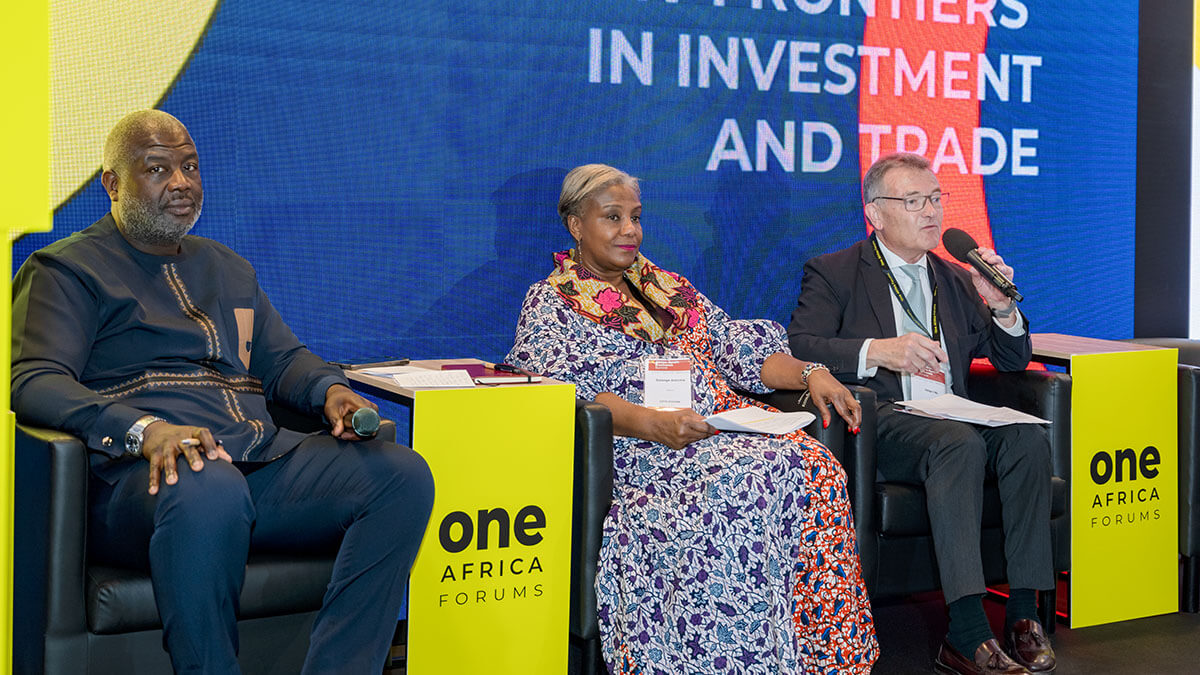
Is there a need for more contact, more information, more knowledge between Europeans and Africans?
In general, there is a certain stigma, a certain concern and a feeling that the African continent is little known. Now we know more about the Far East, the Far East, China, Korea, Japan... We have had a stronger influence in the last 20 years from the Asian tigers and, therefore, we have travelled there more, while Africa has been left a bit on the sidelines. This has to be resolved and the only way to resolve it is by cooperating, searching, travelling, being with them, seeing the possibilities of each of the countries, exchanging ideas, exchanging collaborations.
I agree that there is a certain level of ignorance and this type of forum allows us to see, as ministers and important people from these countries explained to us, what potential they have and how they are willing to have legal stability and investment possibilities that do not involve high risks. This will contribute to this development.
Does the security and stability that is achieved by investing in the country of origin help to prevent these people from having to leave their countries and to combat the problem of migration, which is affecting Europe so much?
Economic development lifts countries out of poverty and encourages them to have population groups with a level of income that allows them to face the future with hope and prospects.
Therefore, if there is no development, this does not materialise. Here too we have a very appropriate instrument to promote this development. And this will generate jobs, development and a valuable economic situation in each of these countries.
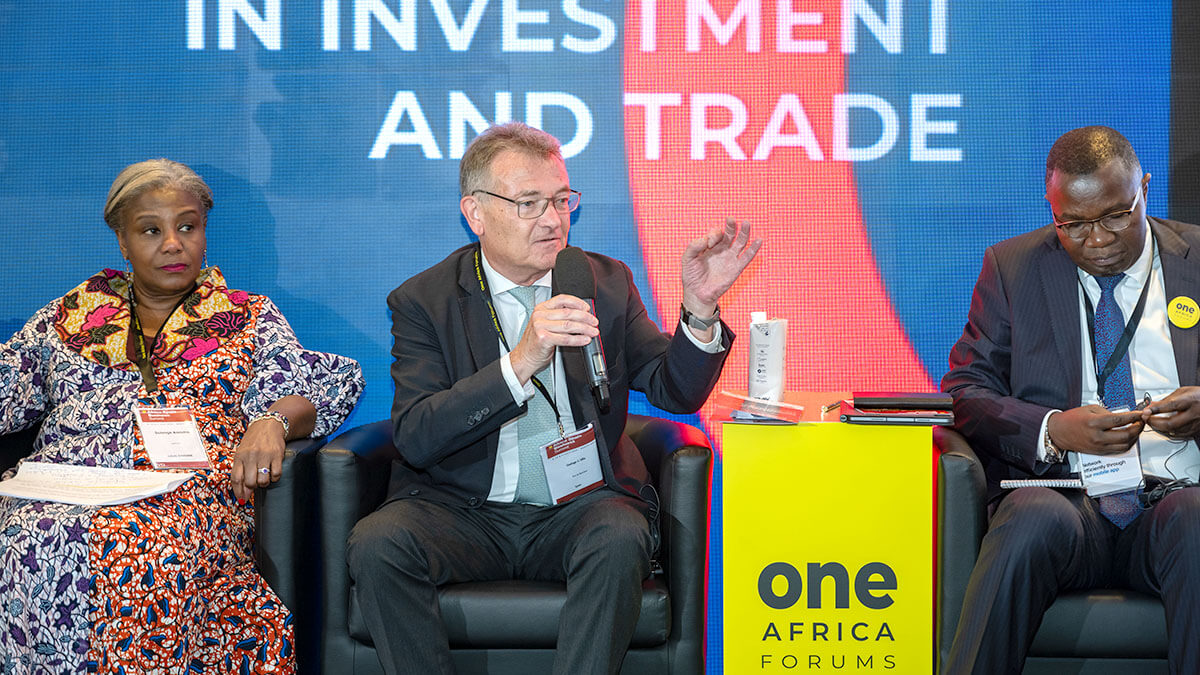
Have you been able to make any contact with the interventions and have you seen any possibility of cooperation between the Port of Barcelona and any of these countries, or of increasing it?
Undoubtedly. We as a port are constantly travelling: we approach these ports, we are working with them.
We have a permanent delegation in Morocco with our own staff in the delegation. In other words, the relationship is intense and we are looking for solutions, we are looking to support all these types of initiatives. I was talking to one of the ministers just now: you always have an additional entry point, a knowledge. But we ports have the advantage that we already have a gateway between us. In other words, I can interact with any port in Africa by sending an e-mail and saying that we are from the Port of Barcelona. The ports collaborate with each other in a way that is sometimes not known, but in an active way, and we have a very strong relationship between us that allows us to hold forums like this one and work together.
What is the role of public-private collaboration in cooperation with Africa?
The ports, the port companies, we are public entities, almost in all the countries of the world. There are some exceptions, but in general we are companies or public entities and therefore we seek public-private cooperation. It is necessary for investments and here in Barcelona and in Spain it has been done for years.
The Port of Barcelona has been a very clear example of public-private cooperation for many years: the port provides the infrastructure and the concessionaires provide the superstructure. There is a vocation for the private sector to be integrated into the ports, through a system of concessions that allows us to work together.


